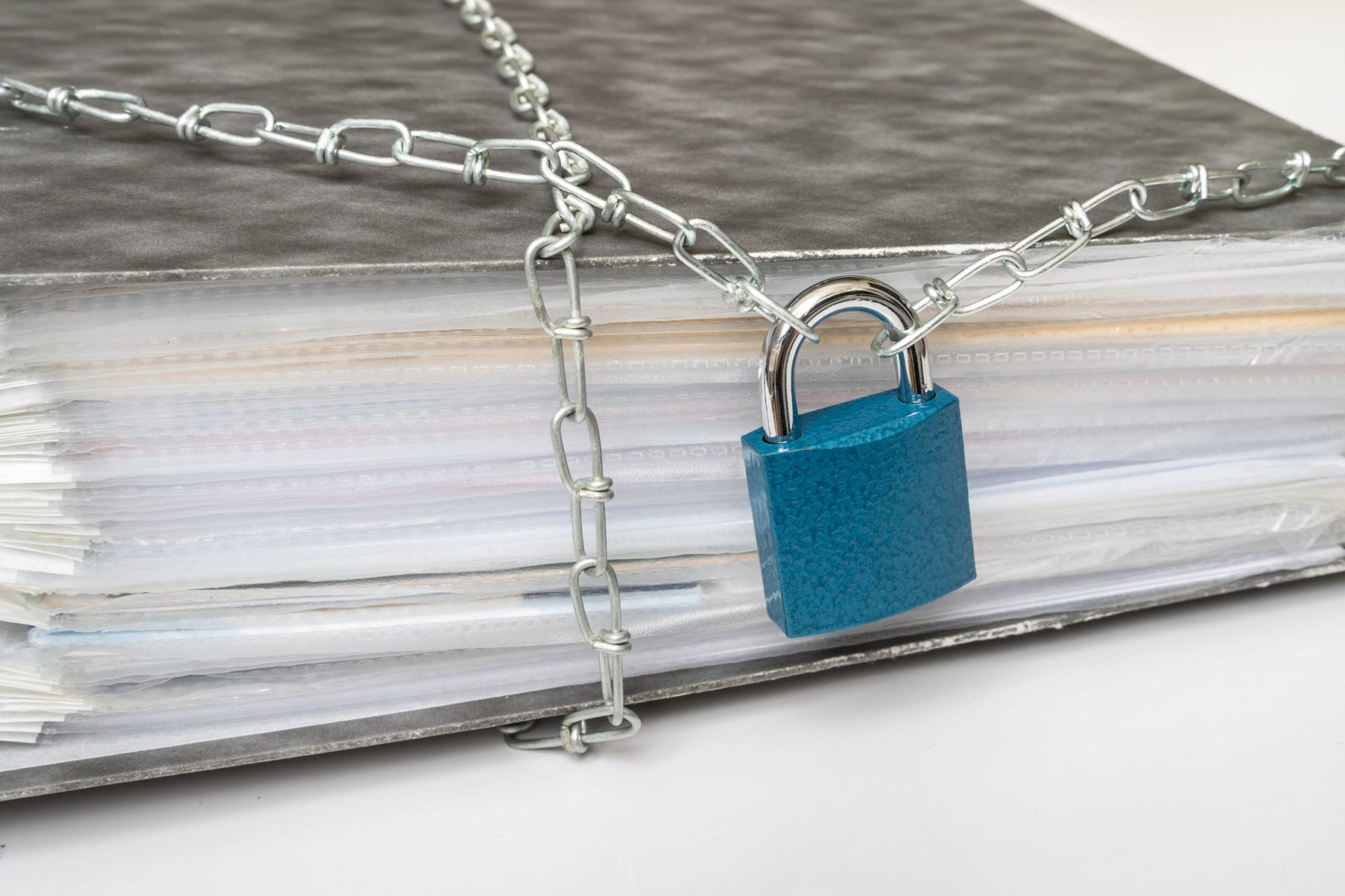
When you are convicted of a crime in Texas, the ramifications go far beyond the sentence that can be imposed by the court. Many other consequences can stem from convictions that have an impact on your everyday life.
For example, you may have trouble finding employment, may not qualify for loans, or even have issues with the custody of your children – long after you have paid your debt to society.
Luckily, for some convictions, the law allows for relief in the form of an Order of Nondisclosure. In Texas, the list of eligible crimes was recently expanded, making what’s eligible for an Order of Nondisclosure more extensive.
If you want to learn more about Orders of Nondisclosure, what they do, and whether you’re eligible for one, then read on to find out.
A Texas Order of Nondisclosure: What Is It?
An Order of Nondisclosure effectively seals part of your criminal record. It works to stop public entities such as law enforcement agencies, courts, prosecutor offices, and clerks of the court from sharing information about any offense that is sealed under the order.
Offenses covered by an Order of Nondisclosure do not have to be disclosed on most applications of employment, either.
There are certain agencies in the state that may still be able to access criminal records, even for offenses covered by an order.
Keep in mind that Orders of Nondisclosure only apply to a particular offense, not every offense that may be a part of someone’s criminal history. It is possible, however, to obtain multiple orders for multiple offenses.
The Types of Orders of Nondisclosure in Texas
There are several types of Orders of Nondisclosure under Texas law. They range from those that cover low-level misdemeanors to more serious crimes like driving while intoxicated.
If you want to pursue an Order of Nondisclosure, then it’s in your best interest to meet with an attorney to see if your conviction is eligible under Texas law. They can tell you what type of record sealing you may be eligible for.
Basic Eligibility Requirements for a Texas Order of Nondisclosure

Each Order of Nondisclosure is a bit different, but there are a few requirements that must be satisfied with all of them in order to be eligible.
If you cannot satisfy all of the requirements listed, then you are not eligible for an order unless a veteran’s reemployment program was completed. If you don’t qualify, then the court won’t have the legal authority to grant the order.
Automatic Disqualification
If you have ever been placed on deferred adjudication or been convicted of any of these crimes, then you are automatically ineligible for an Order of Nondisclosure:
- Any offense that requires you to register as a sex offender
- Aggravated kidnapping
- Murder
- Violations of court orders in cases involving sexual assault, stalking, family violence, trafficking, or abuse
- Stalking
- Capital murder
- Endangering or abandoning a child
- Trafficking persons
- Injury to a disabled person, elderly person, or child
- Continuing trafficking of persons
- Any offense involving family violence
- You were convicted or charged with another crime during the required waiting period for an order
Texas’s Waiting Period on a Petition for Nondisclosure Orders
An order of disclosure requires a waiting period before you are eligible to petition the court. Check with an attorney to see if you have fulfilled the required waiting period to file for an order. Generally speaking, though, this waiting period is:
- On or after the date of a completed sentence or payment of a fine if the offense was punishable by a fine
- On or after the date of the second anniversary of a completed sentence
Documentation You Need to File a Texas Order of Nondisclosure

In order to file for an Order of Nondisclosure, you must produce certain documents based on your case. These documents will actually help your attorney to determine if you are in fact eligible for one in the first place. The documents you may need include:
- Any documents you have related to the judgment in your case
- A signed document or order that shows a judge reduced your deferred adjudication period, probation, or confinement or that they granted you an early termination
- A signed document or order showing that you completed any probation or deferred adjudication successfully
- A signed judgment or order that shows the proceedings against you was dismissed by a judge and you were discharged
- A signed order that shows the verdict of your case was set aside by a judge or you were permitted to withdraw your plea and the complaint, indictment, or accusation was dismissed against you
- A signed judgment or order that proves affirmative finding made by the judge in the case such as the finding of any family violence or a finding that requires you to register in the state as a sex offender
An Order of Nondisclosure is a great tool, so work to see if you’re eligible.
About the Author:
Brandon Fulgham has an in-depth understanding of both Texas law and Texans themselves. Before practicing law here, he received his undergraduate degree from TCU and his law degree from South Texas College of Law in Houston. After graduation, he worked in District Attorneys’ offices as a prosecutor, building cases designed to put people behind bars. Now, he uses that knowledge to protect the rights of people in and around Fort Worth. He has been recognized for his work by Expertise (Best Criminal Defense Lawyers in Forth Worth and Best DUI Lawyers in Fort Worth, both 2020), The National Trial Lawyers, Fort Worth Magazine, and others.